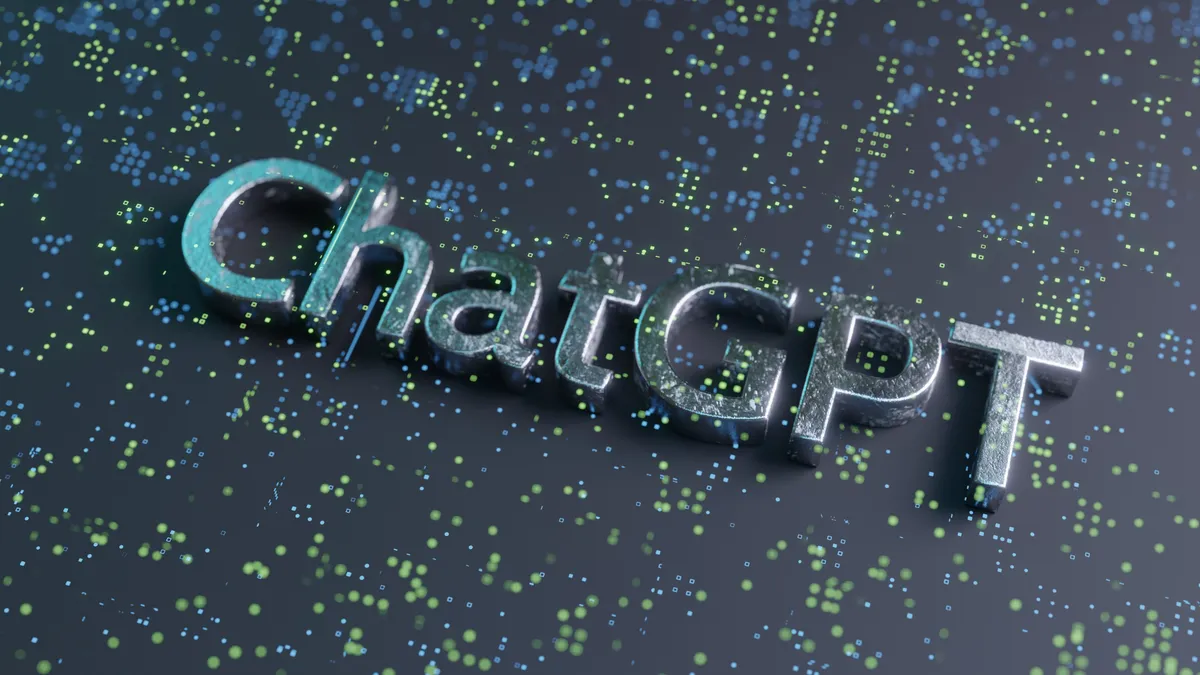Enterprise software vendors big and small are moving to quickly adopt the technology behind ChatGPT, the popular artificial intelligence tool developed by Microsoft-backed OpenAI.
San Francisco-based startup Klarity Intelligence is among early adopters that are marketing new tools targeted at finance departments in particular.
“It’s very clear that this is a technology that can bring immense value to finance teams,” Nischal Nadhamuni, chief technology officer and co-founder of Klarity Intelligence, said in an interview.
Klarity, which focuses on helping businesses to automate document-heavy workflows, is leveraging OpenAI’s technology in a new demo product available for free on the internet, with plans to unveil an enterprise-ready version within coming weeks.
The upgrade will allow clients to more quickly and easily perform functions such as validating billing and revenue data, according to Nadhamuni.
ChatGPT is an AI-driven natural language processing tool capable of interacting in a conversational way and producing responses to questions across a number of subject areas. The technology’s popularity is rapidly increasing, even as some worry about risks such as data security breaches.
Klarity’s demo product incorporates a new model of the technology, known as GPT-4. However, the tech startup is working to address data security issues and other potential concerns before making the upgraded system available to its clients, which include online video conferencing company Zoom Video Communications Inc. and cybersecurity firm Cloudflare Inc.
“We want to be able to test more internally before we do that,” Nadhamuni said.
Among other security protocols, Klarity is using end-to-end encryption and has opted out of any of its customer or user data being used by OpenAI for ChatGPT model training, he said.
In a related development, finance tech startup Brex has announced plans to launch new ChatGPT-style tools for CFOs.
The new tools, which are set to be made available later in 2023 through Brex’s Empower platform, expand on work the company has done with Scale AI during the past year “to automatically parse receipts and invoices,” extracting data to enable automatic policy enforcement, the company said in a March 7 press release. “Strict” privacy controls will be maintained as the new features are rolled out, it said.
Other early ChatGPT adopters include bigger companies that are rolling out broader tools.
Last week, Microsoft said it was planning to bring ChatGPT-like features to Microsoft 365, its product suite that includes Word documents, Excel spreadsheets, PowerPoint presentations and Outlook emails.
The software giant announced in January that it was extending a partnership with OpenAI, making a new multiyear, multibillion-dollar investment in the startup company.
Earlier this month, Salesforce Inc. unveiled a ChatGPT app for its Slack business messaging platform.
Meanwhile, Google has said it’s experimenting with a ChatGPT competitor known as Bard.
Klarity said on March 15 that it began using GPT-4 in a demo platform that allows users to extract data from PDF documents and graphs that can then be reviewed and analyzed in minutes.
That announcement came just a day after GPT-4 was released to the public. Prior to that, Klarity had been experimenting with the technology’s previous iteration, GPT-3.5.
Beginning in April, all new Klarity customers will get the GPT-4 driven platform, and existing ones will be offered migration options, the company said in a press release.
Klarity’s platform can extract the payment terms in a PDF contract and automatically populate them into an invoicing system, the company said.
It also helps ease order management, billing and revenue recognition reviews, “processes that have traditionally been performed manually by large teams of analysts who reconcile data between systems and documents for accuracy and completeness and then populate long revenue checklists,” according to the release.
Previously, the company used its own custom AI models to create document summaries for finance and accounting teams that pulled out “high-level details such as licensed products, payment terms, addresses and non-standard language,” the release said.
With GPT-4 embedded across the platform, customers now will have the ability to instantly set up new extraction fields within minutes, as well as use AI capabilities in the tool to compare data such as party names, dates, and addresses, it said.
The enhanced platform also allows users to “chat” with their documents, according to Nadhamuni. For example, the platform could be asked to search revenue contracts for “refund upon termination for convenience” clauses.
“This is a very damaging clause, because it means your customer can end the contract and be entitled to a refund, so you want to know if your contract has one of those,” he said.




















